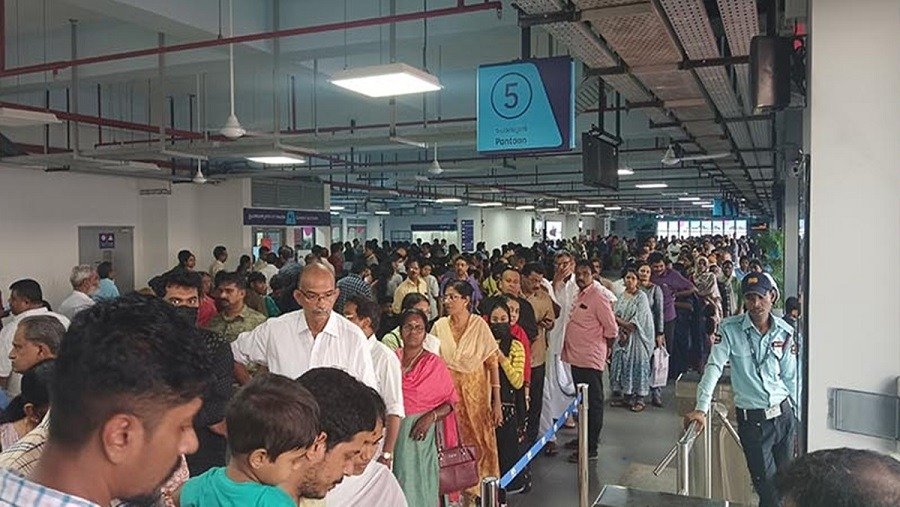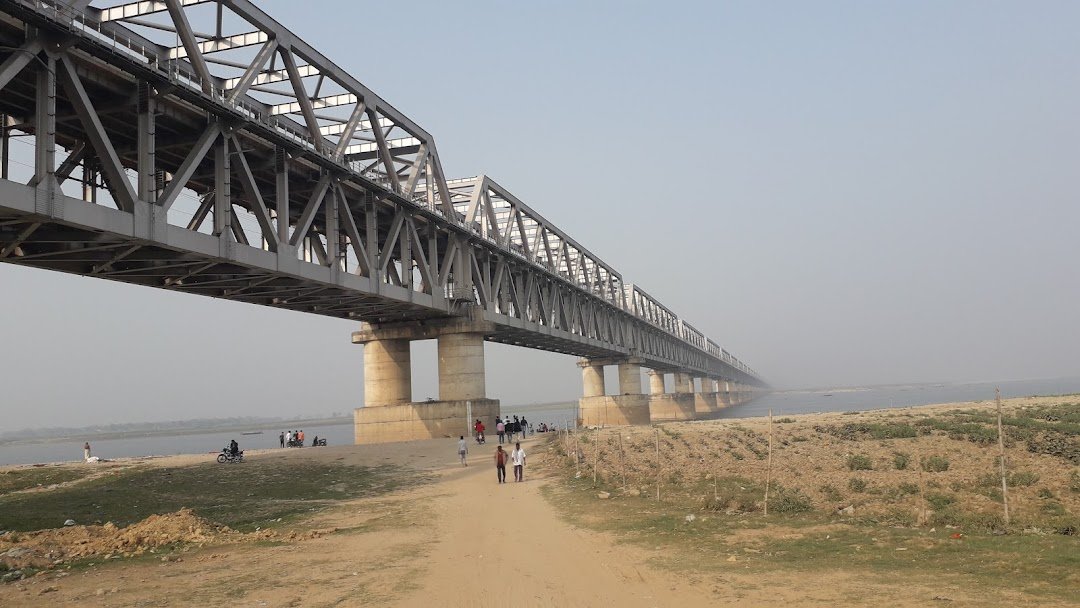Godrej & Boyce Achieves Rapid Office Construction in 40 Hours with 3D Printing Technology
Godrej Construction, a subsidiary of Godrej & Boyce, has harnessed the capabilities of 3D Construction Printing technology to realize the swift construction of a fully operational office within a remarkable 40-hour timeframe. The office, named ‘The Cocoon,’ spanning 500 sq ft, exemplifies a commitment to innovation and sustainability. Its construction involved the integration of prefabricated modules and eco-friendly materials, with up to 20% of recycled concrete aggregates contributing to its composition. Employing lean construction techniques, along with the implementation of Building Information Modelling (BIM), underscores the company’s dedication to delivering forward-thinking solutions for the built environment.
Godrej & Boyce, the flagship entity of the Godrej Group, proudly announced the successful construction of the office on its greenfield campus in Khalapur, marking a significant milestone for Godrej Construction. Aptly named ‘The Cocoon’ due to its distinctive curved elliptical design, the office was crafted using innovative 3D Construction Printing (3DCP) Technology, and the assembly was completed within an impressive 40-hour timeframe.
Anup Mathew, Senior Vice President and Business Head at Godrej Construction, expressed the significance of ‘The Cocoon’ as a tangible manifestation of the company’s dedication to pushing boundaries, not only in architectural design but also in redefining construction timelines. The project stands as a testament to effective team collaboration, integrating robust project planning tools such as BIM, Lean Construction methods, and 3D Construction Printing. Mathew emphasized Godrej Construction’s unwavering commitment to delivering innovative and sustainable solutions tailored to the evolving needs of customers in the built environment.
The comprehensive construction process of ‘The Cocoon’ included the installation of 3D printed modules, civil works, waterproofing, flooring, external and internal painting, electrical works, lighting, AC installation, plumbing, drainage, sanitation fixtures, office furniture, and landscaping—all accomplished within the remarkably brief timeframe of 40 hours.
In a nod to sustainability, the office was constructed using a concrete mix design that incorporated up to 20% Recycled Concrete Aggregates (RCA), sourced from recycled concrete debris processed at the Godrej & Boyce Recycled Concrete manufacturing facility in Vikhroli, Mumbai.
Abhijeet Gawde, Head of Business Development & Marketing at Godrej Construction, highlighted the company’s multi-year exploration of the possibilities offered by 3D Construction Printing Technology. The technology had previously been employed for projects like bus shelters and security pavilions at the Vikhroli campus. ‘The Cocoon’ emerged as a strategic challenge from senior management to expedite construction timelines, evolving from an initial projection of two months down to an impressive 40 hours. The team embraced lean construction technology modules and opted for a column-less, elliptical design, leveraging the capabilities of 3D construction printing for intricate and aesthetically pleasing structures.
While acknowledging the global evolution of 3D construction printing technology, Gawde emphasized its current prevalence in designing individual horizontal structures rather than large multi-storied vertical structures.
Godrej Construction’s commitment to sustainability extends beyond this project, with the company having pioneered early adoption of sustainable practices and materials. The establishment of a recycled concrete manufacturing plant in 2016-17 has enabled the processing of nearly 30,000 metric tonnes of construction debris. The company supplies a range of sustainable products, including paver blocks, solid blocks, AAC blocks, and box culverts, incorporating recycled concrete aggregates. Notable contributions include supplying over 450 box culverts, made with 10% recycled concrete aggregates, for significant infrastructure projects like the Coastal Road. Additionally, Godrej Construction’s solid blocks and pavers have played a role in the construction of Mumbai Metro 2A and 7 lines.
Abhijeet Gawde underscored the impact of the construction sector on carbon emissions, emphasizing the urgent need to reduce the carbon footprint through the use of sustainable construction materials. Citing a report by the Centre for Science and Environment, which indicated that only 1% of construction debris and waste is currently recycled in India, Gawde called for increased industry participation in setting up recycling plants.
In conclusion, Godrej Construction’s accomplishment with ‘The Cocoon’ not only showcases technological prowess but positions the company as a leader in sustainable construction practices. The strategic integration of cutting-edge technologies and a commitment to eco-friendly materials demonstrate a forward-thinking approach that aligns with global efforts towards greener, more sustainable construction practices. As the construction sector continues to evolve, Godrej Construction stands poised at the forefront of this positive transformation.





